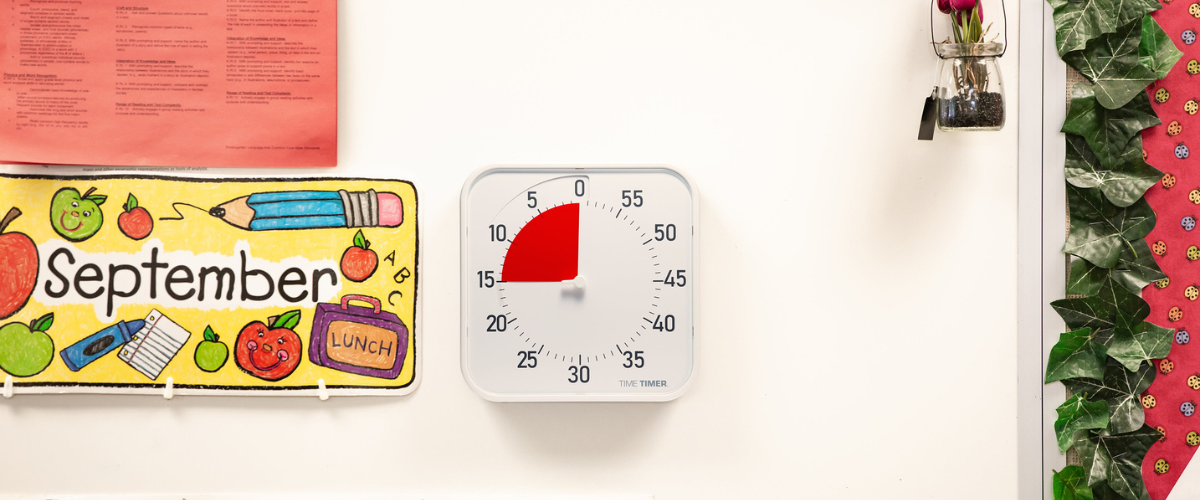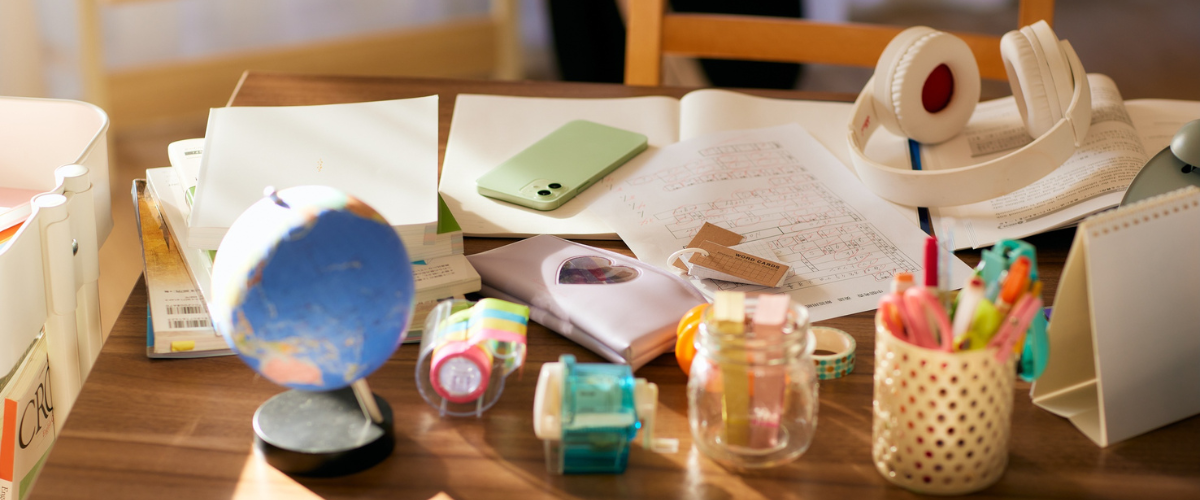For people with ADHD, productivity isn't about cramming as much as possible into a day. It's about navigating systems, routines, and expectations that often weren't designed with your brain in mind. When those systems fall short or things don't go as planned, it's easy to blame yourself, feel frustrated, or become overwhelmed.
You might lose sight of your strengths, downplay your progress, or doubt yourself. People with ADHD often internalize criticism and shame, making sustainable productivity feel out of reach.
That's why self-compassion is so important. It reduces stress, improves motivation, and helps to shift your mindset from judgment to curiosity. When you offer yourself grace, you become better equipped to recognize challenges, identify where you need support, and make thoughtful adjustments that help you thrive.
What is Self-Compassion?
Psychologist Kristin Neff defines self-compassion as treating yourself with the same warmth and understanding you'd offer a friend. Neff's framework includes three core components:
- Self-kindness: Being warm and supportive toward yourself, rather than being critical.
- Shared humanity: Acknowledging that suffering is a universal experience, and you're not alone.
- Mindfulness: Noticing your emotions without suppressing them and recognizing when you need care.
Self-Compassion and ADHD
Research shows that people with ADHD tend to have lower levels of self-compassion. Years of criticism, feeling misunderstood, or internalizing negative feedback can create a cycle of shame that's hard to break.
Practicing self-compassion allows you to take responsibility without harsh self-criticism, viewing mistakes as information rather than reflections of your worth. Self-compassion also supports emotional regulation, builds resilience, and strengthens relationships. Most importantly, it creates space for growth that isn't driven by fear or perfectionism.
Building Your Self-Compassion Toolkit
Here are a few practical ways to practice self-compassion:
1. Challenge your inner critic.
If your inner dialogue feels harsh, ask yourself, "Is this true, or just familiar?" One mistake doesn't erase your progress. Taking time to recognize what went well, even the small things, builds self-trust and forward momentum. A reflection journal or a small reward can help reinforce this.
2. Practice mindfulness.
Mindfulness helps you respond with intention rather than react automatically. Even brief moments of mindfulness—such as practicing breathwork, taking a walk, or simply noticing your thoughts without judgment—can help regulate your nervous system and reset your day. You may like to set a visual timer to take a few minutes to pause during the day.
3. Journal to reflect.
Writing can help process emotions and notice patterns. Try stream-of-consciousness journaling, as Julia Cameron suggests in The Artist's Way, or list a few things you're proud of each day.
4. Treat yourself like a friend.
When you make a mistake, ask yourself how you would respond if a friend were in the same situation. You would likely offer kindness and help them find the next step. You deserve the same compassion.
Self-Compassion and Productivity
When you replace self-criticism with curiosity, you open yourself up to new solutions and fresh ways of working. Your worth isn't something you earn through output, and sometimes, instead of doing more, productivity means giving yourself more space, understanding, and grace.





